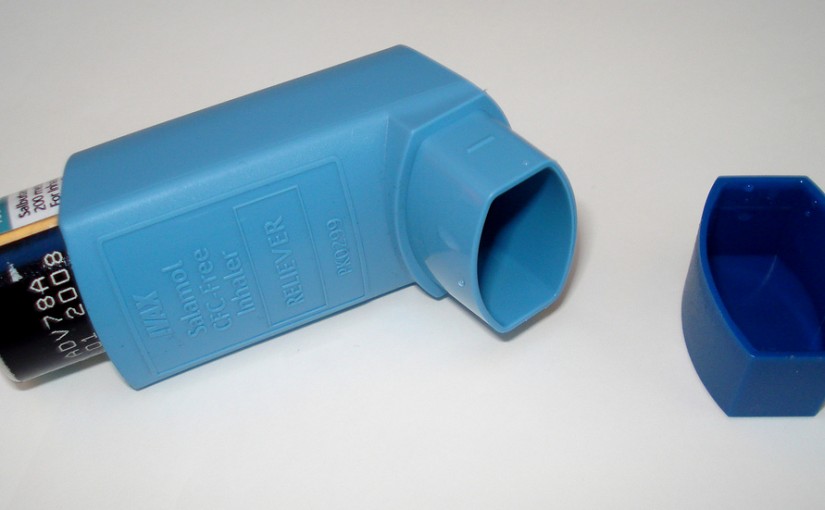Tag: Health and Wellness
-

5 Ways to Laugh
Is laughter, really the best medicine? What better time to delve into this age-old question then now with International Moment of Laughter Day coming up this April 14th. The day was created with a very simple intent; to encourage people to laugh. How does one laugh? It’s an involuntary reaction to certain external or internal…
-

Don’t let your desk job kill you: Stretch to stay healthy
If you’re reading this while sitting behind your desk at work, there’s a good chance some not-so-great things are happening to your body right at this moment. You + 85% of America’s workforce. Desk work is a necessary evil for millions of Americans, but sitting doesn’t have to kill you — though experts say doing…
-

Help employees meet their goals with workplace wellness
One of the most popular New Year’s resolutions people make is to improve wellness in some way, whether it’s exercising more, eating healthier, or losing 10 pounds. In early 2017, Google searches for “get healthy” increased nearly 14 percent, while the number of specific searches for “gym” during that time went up 315 percent over…
-

Is Texting Bad for your Health?
Before you pick up your cell phone to send your next text, read this article. Texting may be harming your health in some surprising ways. We all know that texting while driving is not safe, and may cause unnecessary accidents as drivers are completely distracted by their phones, even those who say they can still…
-

How Much Sleep is Enough?
Do you have a friend who says they can function on four to six hours of sleep? If so, you might have wondered if this is true. Can people really get by on so little sleep? How much sleep do humans need to function optimally? The short answer is seven to nine hours a night.…
-

Fever: When to Seek Help
Fevers are miserable. Just moving takes effort, you lie in bed either too hot or too cold, and you may feel dizzy and clammy but fevers also have a purpose. They are your body’s way of fighting infection. Fevers are a sign your body’s immune system is working as it should. However a fever can…
-

5 Ways to Up Your Daily Water Intake
Health professionals agree. Drinking sixty-four ounces of water per day is vital for your health. This amount of water keeps all of the body’s systems running efficiently. However, getting the necessary amount of water is not always easy, especially for people who do not like the taste. If you are one of those people, or…
-

Music As Therapy: The Healing Power Of Music
For ages, people have turned to music to get excited, calm down, share experiences, and more. Over time, scientific research has shown that this natural affinity for tunes is much more than a feeling—music can have powerful healing qualities. Music therapy applies those scientific findings to enhance music’s power and help people heal to improve…
-

Eating Right For Asthma
If you have asthma, you probably have an inhaler which you use for daily relief of your symptoms or for emergency asthma attacks. You probably also avoid smoke or other substances that can trigger the coughing, wheezing misery of an asthma attack. You probably are also careful when you exercise. What you might not have…